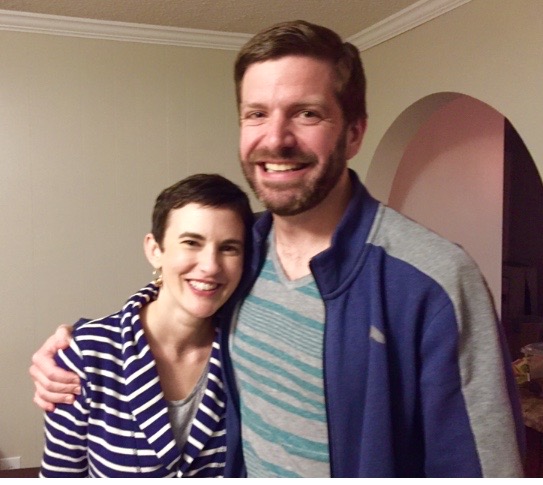Today, I spoke with a student who had just run four miles…as a warm-up. He’s a long-distance runner on the track team, and he had miles to go before he slept.
I like to run, but if I had just run four miles, that would be my workout for the day. His warm-up is my workout.
Sometimes it’s hard for me to remember what it’s feels like to do the work I ask students to do with the same kind of anxiety they feel about it. That’s because my warm-up is their workout.
I can write the 1000-1500 word papers I ask them to write without breaking a sweat. If they get a good 750 word paper, they feel gassed.
Today, I felt their pain.
I’m writing a book review, and it’s hard. I don’t want to do it because it feels like I might fail at it, like I can’t offer any sort of criticism, just a summary. So today has been a day where I’ve seen all my old strategies for procrastination creep in. It turns out, I’m really good at working hard at not working.
Tomorrow, I’ll tell my students this story. I’ll see if it resonates with them. They’ll want an answer about what I do. I’ll answer that:
- I pray and ask God for help. I admit I can’t do it on my own and ask for grace.
- I read book reviews of similar books and book reviews that I myself have written. I know I can do this. I’ve done it in the past.
- I listen to motivational speakers who can be the voice inside my head when I’m tired and am engaged in negative self-talk.
- I sit in a chair with the book and read and write for a specified set of time.
It used to be so much worse. God has given me ways of answering this anxiety. I can name it and respond accordingly.
Here’s the biggest difference. I’m not looking for the difficulty to go away. I’m figuring out what to do with it. I pray my students do too.


